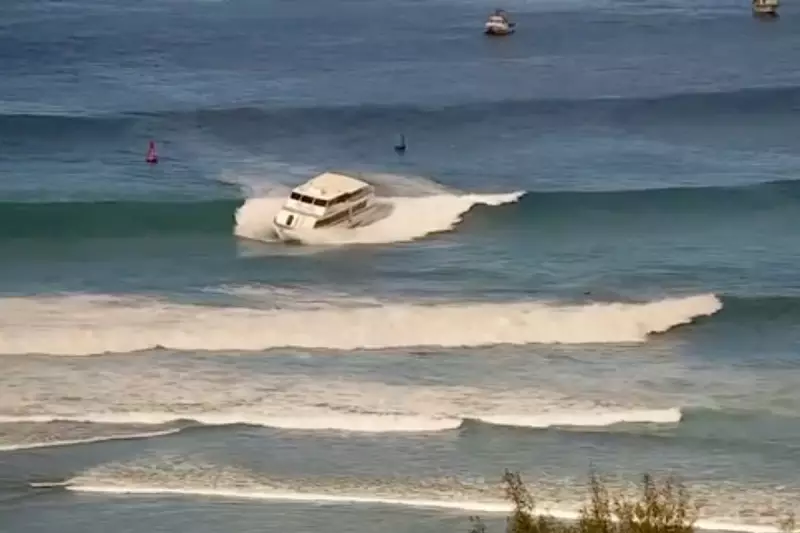
Honolulu has officially implemented a contentious new ordinance that bans sitting or lying down on sidewalks in the bustling tourist district of Waikiki. The law, which came into effect this week, has ignited fierce debate over how the city addresses its growing homelessness crisis while balancing the needs of residents and visitors.
A Divisive Measure
The legislation makes it illegal to sit or lie on Waikiki's sidewalks between 5 AM and 11 PM, with violators facing potential fines or even jail time. Proponents argue the measure is necessary to maintain cleanliness and safety in Hawaii's most famous tourist area, which generates billions in revenue annually.
Homelessness in Paradise
Critics, however, condemn the law as an inhumane approach to a complex social issue. Hawaii has the highest per capita homelessness rate in the United States, with soaring housing costs pushing many residents onto the streets. Advocates for the homeless argue the ban criminalizes poverty without providing adequate shelter alternatives.
Enforcement Challenges
Local authorities face the difficult task of enforcing the new rules while navigating legal and ethical concerns. Police officers have been instructed to issue warnings initially, with citations following for repeat offenders. The city has simultaneously expanded social services, though critics question whether these measures go far enough.
The sidewalk ban represents the latest chapter in Honolulu's ongoing struggle to reconcile its idyllic image with the harsh realities of urban poverty. As the policy takes effect, all eyes are on Waikiki to see how this experiment in public space management unfolds.





